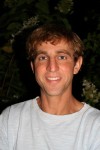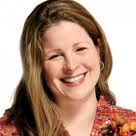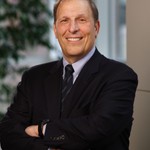
Tom First co-founded Nantucket Nectars in 1989 and sold to Ocean Spray in 1997. In 2004, he founded another beverage company, OWater, now a Polar brand. He is still chairman of the OWater board, and also helps to run a fund that invests in entrepreneurial businesses in the beverage sector. Tom and his wife Kristan have three children, 12, 9, and 7.
Tom First on doing deals just before his rehearsal dinner; on crying when he first fired someone; and on why he wouldn’t change much in his past.
Q: What was it like, building a company and a family at the same time?
A: It wasn’t really at the same time. I was really young—22—when we started Nantucket Nectars. I didn’t get married until I was 29, and I was 35 when we sold the company. During those years I was traveling like a maniac—forgot what city I was in, that kind of thing.
Q: The company was growing fast at that point. How did Kristan feel about your work mania?
A: Kristan was in architecture school. It was an odd time in our lives. She was as obsessed with work as I was. But even so, my preoccupation with work took some getting used to. She grew up in LA, and we got married out there. At that time, Nantucket Nectars was not doing well in LA, so I saw our wedding as a great opportunity to go out and meet with distributors.
She saw me for the first time at 4 pm the day the rehearsal dinner. She said, You’ve got to be kidding me! At the time, I didn’t get it. I feel bad about it now. I thought I was doing the right thing for everybody. It bothered her, but there was an Lire la suite




